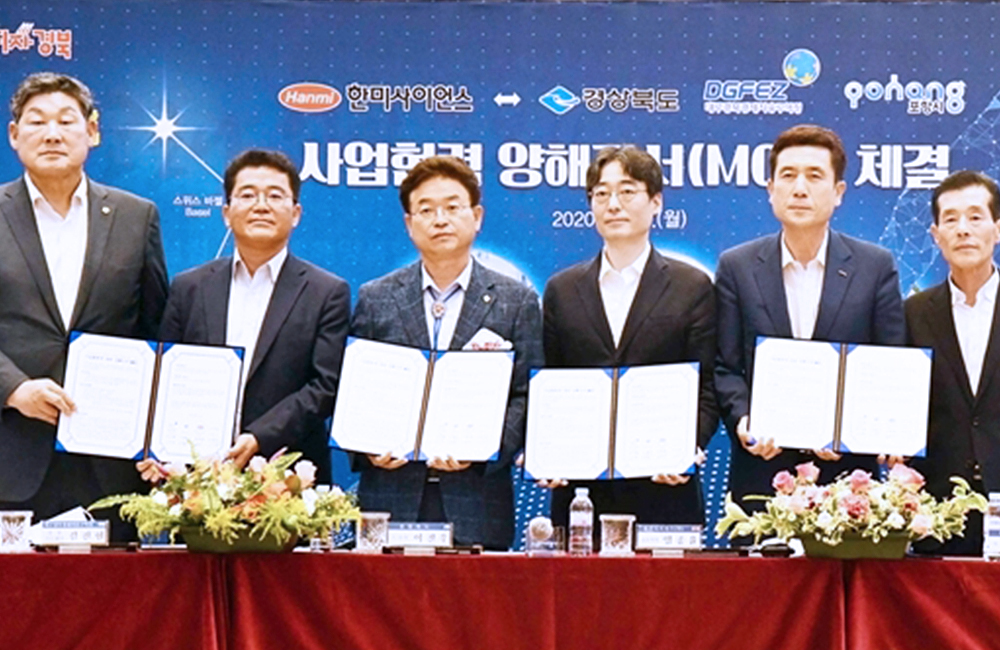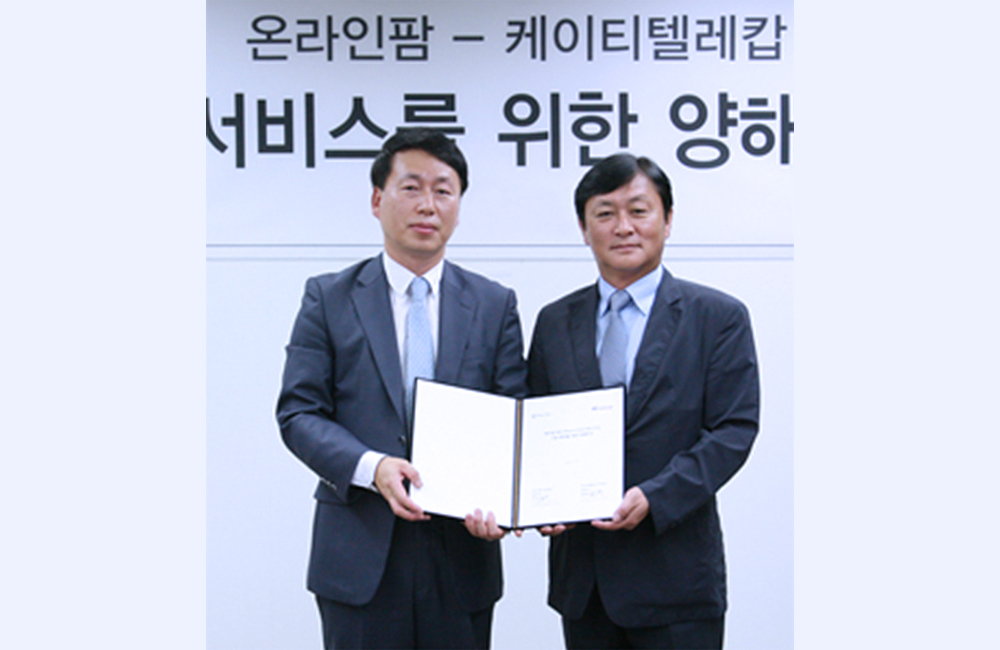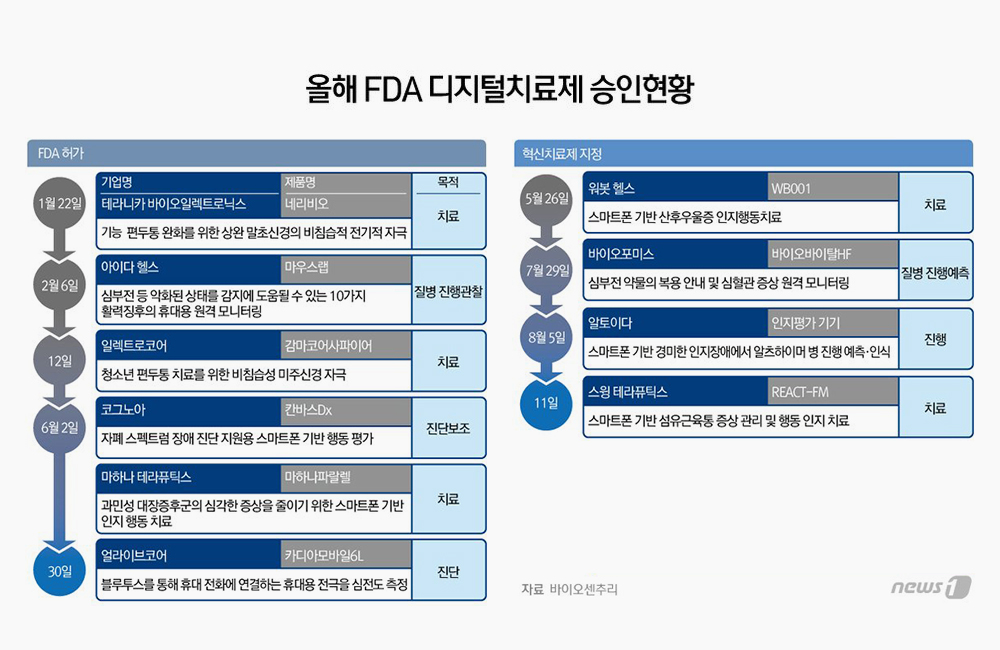After the World Health Organization
declared a COVID-19 pandemic, global health care researchers are becoming more
interested in South Korea’s experience and data. The country is becoming a center
of research on international clinical data to overcome COVID-19 based on data
of treatment information and progress in Korean patients.
EvidNet, which has built up clinical data
of 27 general hospitals in Korea as well as 33 million hospitals that are part
of the standard data network, began research on COVID-19 along with the general
hospitals in Daegu and North Gyeongsan Province, which have joined the data
network.
Based on the clinical standard data of
COVID-19 prepared by EvidNet, various researchers can conduct diverse studies
such as comparing the safety and efficacy of medicines already being taken by
patients and being considered as treatments for the novel coronavirus and
predicting the prognosis of the confirmed patients. It also provides a data
platform.
The OHDSI Consortium conducted a research
marathon online for four days from March 26 to 29, using standardized data from
COVID-19 patients available worldwide to tackle the pandemic. The research
marathon was attended by more than 350 global researchers from institutions
including National Institutes of Health, Johnson Hopkins University, and Oxford
University.
EvidNet joins forces with Ajou University
Industry-Academic Cooperation Foundation, which received funding from the Bill
& Melinda Gates Foundation regarding the steps for standardizing and
providing COVID-19 clinical data from Korea to the research marathon.
Meanwhile, by the end of 2020, EvidNet aims
to establish big data infrastructure that can be safely used without personal
information exposure by standardizing and de-identifying 50 million patients’
medical data. Based on this infrastructure, the company plans to support the
activation of the data service ecosystem in the healthcare field.
EvidNet has developed a data conversion technology
that powers patient data standardization, which turns medical data of different
formats into a standard data model that is recognized internationally.









